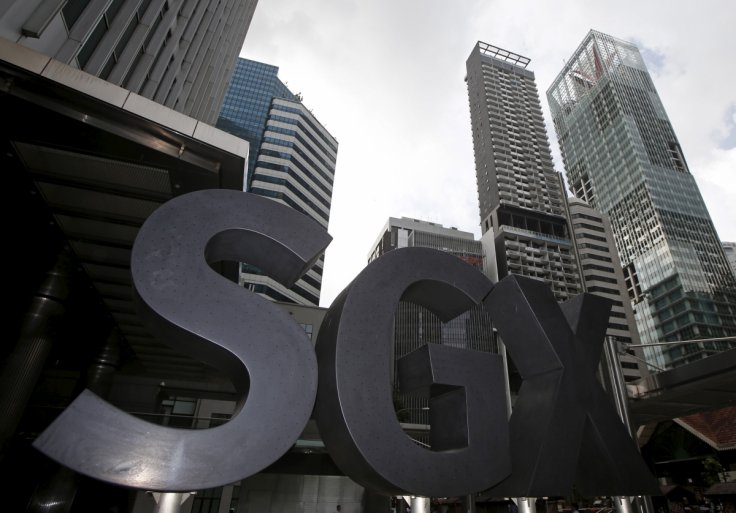
Singapore Exchange Ltd (SGX) aims to add products to its lucrative derivatives business and offer Southeast Asian unicorns a platform to list shares and bonds, in a multi-asset strategy aimed at sustaining growth, its chief executive said.
"There's always the focus around IPOs and associated capital markets but today, participants on our exchange look beyond just the stock market," said Loh Boon Chye in an interview.
"They think about us as a derivatives, foreign exchange, commodities and freight market and also increasingly a fixed income market," Loh told Reuters.
SGX's multi-asset strategy comes as the bourse is overshadowed by Chinese-led multi-billion-dollar fundraising at Hong Kong Exchanges and Clearing Ltd (HKEX) while bourses such as Thailand emerge as strong rivals.
Average daily securities turnover at SGX was $791 million in May while the figure was $1.8 billion for the Thai exchange, and $12.4 billion for HKEX, data from Refinitiv shows.
SGX has seen trading volume drop after a penny stocks crash in 2013 battered investor confidence, while weak valuations have led to a spate of delistings.
"IPO is not a destination, it's only a process. Our secondary fundraising typically is three to four times of the IPO market," said Loh.
Bond listings are also a key part of SGX's offerings, said Loh, a veteran banker who joined SGX four years ago.
SGX's revenue from the trading of equities, commodities and foreign exchange derivatives jumped 30% in June-March, making up 50% of the total. Revenue from its equities and fixed income segment fell 16% and accounted for 39%.
Growing demand from international investors to hedge exposure to iron ore, coal, Indian stocks and other asset classes pushed SGX's revenue to a record-high last year.
"We will be looking to launch single stock futures. We have that on India and will look to launch more, not just on our Singapore market but we can launch it on other equity markets," said Loh, 55, a former SGX director.
In recent years, SGX has improved its market liquidity, strengthened its regulatory framework and introduced a dual-class share system with an eye on potential IPOs from Southeast Asian startups with billion-dollar valuations such as ride-hailing firms Grab and Go-Jek and e-commerce company Tokopedia.
Even so, analysts said the exchange will have difficulty replicating in other sectors its success as a global venue for business trusts and real estate investment trusts (REITs).
Refinitiv data showed the $3 billion 2010 IPO of warehouse provider GLP was the last primary issue to raise over $500 million on SGX, excluding those of business trusts or REITS. GLP was taken private in 2018 at double its valuation.
Loh also said HKEX's plan to launch Chinese A-share futures contracts, rivalling SGX's FTSE China A50 contracts, should not be a threat for SGX and would help expand the market.








